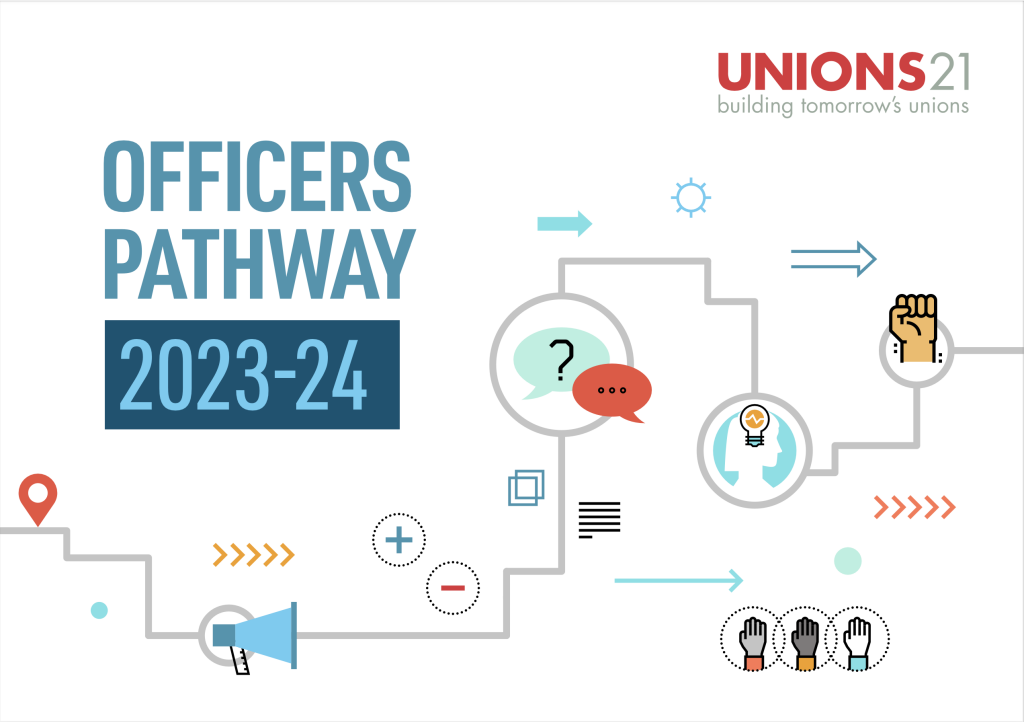By Becky Wright, Executive Director | 2 min
Last year, the European Parliament adopted a directive on minimum wages and collective bargaining which set an objective for all EU countries to reach 80 per cent of workers covered by collective bargaining.
Collective bargaining is typically carried out on three levels which in descending order of coverage are:
The national or governmental level where agreements are made that cover everyone.
Multi-employer level which can take the form of across sectors, regions or a handful of employers.
The enterprise level agreed at each organisation.
Those of us within unions know the importance of collective bargaining in making sure working people secure dignity and a fair share of the value they create and the contribution they make.
There are already many examples of how collective bargaining is a vehicle to managing changes prompted by automation, artificial intelligence and the drive towards Net Zero. The need to give workers a voice as the working world evolves will only increase with the pace of change.
This is why the directive is such an interesting development as Member States will have to present national action plans no later than November 2024. Indeed, in an article in the Irish Times, Owen Reidy, GS of ICTU stated that this is “probably the most progressive thing from a workers’ rights point of view that’s come out of the European Union in the last two decades”.
Some member states will find this harder to achieve than others and indeed across the world there are deep questions about how we can improve collective bargaining coverage so that we can improve the world of work.
If we take this EU directive as a place to aim for, do we know the best system to achieve this? What will be the most effective steps to get to this point? Do we have to rely on legislation or can we do this solely through our own internal capacity?
Whatever coverage, it’s important to remember that it doesn’t automatically translate into a strengthening of unions in their own right. The need to engage members and workers would still be a key part of union work.
Join us over the next few weeks as we begin to unpack the role of collective bargaining in the future world of work.
Sign up to our newsletter to keep informed when new blogs are launched.



